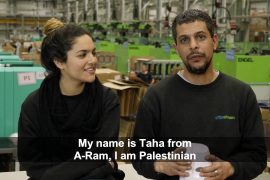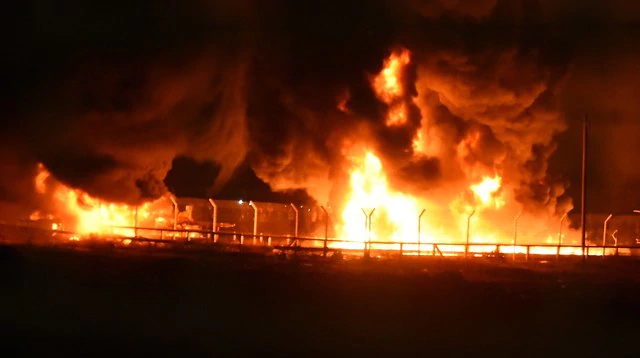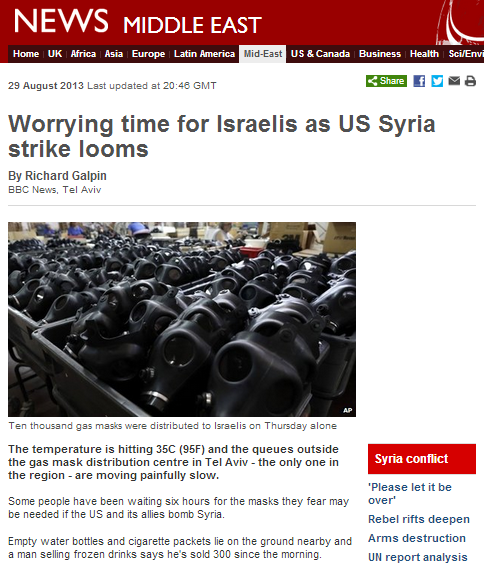This week we noted that the BBC’s coverage of the launch of the report compiled by Shami Chakrabarti following her inquiry into antisemitism within the UK Labour Party included yet more mainstreaming and amplification of the Livingstone Formulation. The Jewish Chronicle has an interesting interview with the author of the Labour Party’s report.
“She described being almost moved to tears by “heart-breaking conversations” she had with witnesses.
As the daughter of immigrants from Kolkata, the 47-year-old lawyer was shocked to discover the regularity with which people were subjected to the “Zio” slur, and likened its use to her experience of the word “Paki”.
Sitting at the head of a long oak dining table in her kitchen, Ms Chakrabarti said: “I thought I was switched on before I did this report. I grew up in north-west London, I lived in Golders Green, I went to LSE – antisemitism wasn’t new to me. But I hadn’t heard about the use of ‘Zio’ until I did this.”
Also this week we noted that the BBC’s serial avoidance of the topic of the Palestinian Authority’s payment of salaries to convicted terrorists came home to roost. A few days later the US House Committee On Foreign Affairs heard evidence on that topic from MEMRI’s Yigal Carmon which can be read here.
“According to the laws, the PA must provide prisoners with a monthly allowance during their incarceration and salaries or jobs upon their release. They are also entitled to exemptions from payments for education, health care, and professional training. Their years of imprisonment are calculated as years of seniority of service in PA institutions. It should be noted that whoever was imprisoned for five years or more is entitled to a job in a PA institution. Thus, the PA gives priority in job placement to people who were involved in terrorist activity. […]
The 2016 budget describes the PLO’s Institute for Care for the Families of Martyrs as the body “responsible for ensuring a dignified life to the families of all those martyred and wounded as a result of being participants or bystanders in the revolution.”
It is allocated just under $173 million ($172,534,733) for families of martyrs and the wounded within the homeland and outside it. The Institute’s operating expenses comes to about $1.5 million.
The budget also states that the Institute provides allowances “without discrimination” – in other words, also from Hamas, Islamic Jihad, and so on.
Palestinian Prime Minister Rami Hamdallah said recently, on June 17, 2016, that “the government will continue to act together with the PLO institutions to improve the allowances of the families of the martyrs as soon as possible.””
Additional issues which receive no serious coverage in BBC reporting are the incitement and glorification of terror from official Palestinian bodies. In its articles on the recently released report from the Quartet in which those topics were highlighted, the BBC again played down the issue, preferring to focus audience attentions on Israeli settlements even as new examples of PA glorification of terrorism came to light. Reports have since emerged claiming that the PA is to sever ties with the Quartet and Eylon Aslan-Levy writes on that subject at the Tower.
“What was in the Quartet report that so enraged the Palestinians? The document is hardly a pro-Israel message sheet. It fingers Israeli settlement construction—by which it also means building homes in East Jerusalem—as one of the main trends “severely undermining hopes for peace,” accuses Israel at length of “denying Palestinian development,” and says Israel’s restrictions to prevent Hamas acquiring war materiel are contributing to “humanitarian aid dependency.” Moreover, the tone is hardly friendly: Whenever the Quartet notes a positive step by Israel, it is immediately followed by a reservation and further criticism.
But crucially, the report is also scathing on the matter of Palestinian violence and specifically the question of incitement to violence and hatred. The report notes that Palestinian terrorists are “often glorified publicly as ‘heroic martyrs,’” that images of them with slogans encouraging violence are in wide circulation, that “some members of Fatah” have vocally supported and encouraged violence, that Fatah’s official social media has depicted these attackers favorably, and that Palestinian Authority leaders have failed to “consistently and clearly condemn specific terrorist attacks”—even naming “streets, squares and schools” after the perpetrators of terrorist attacks.”




